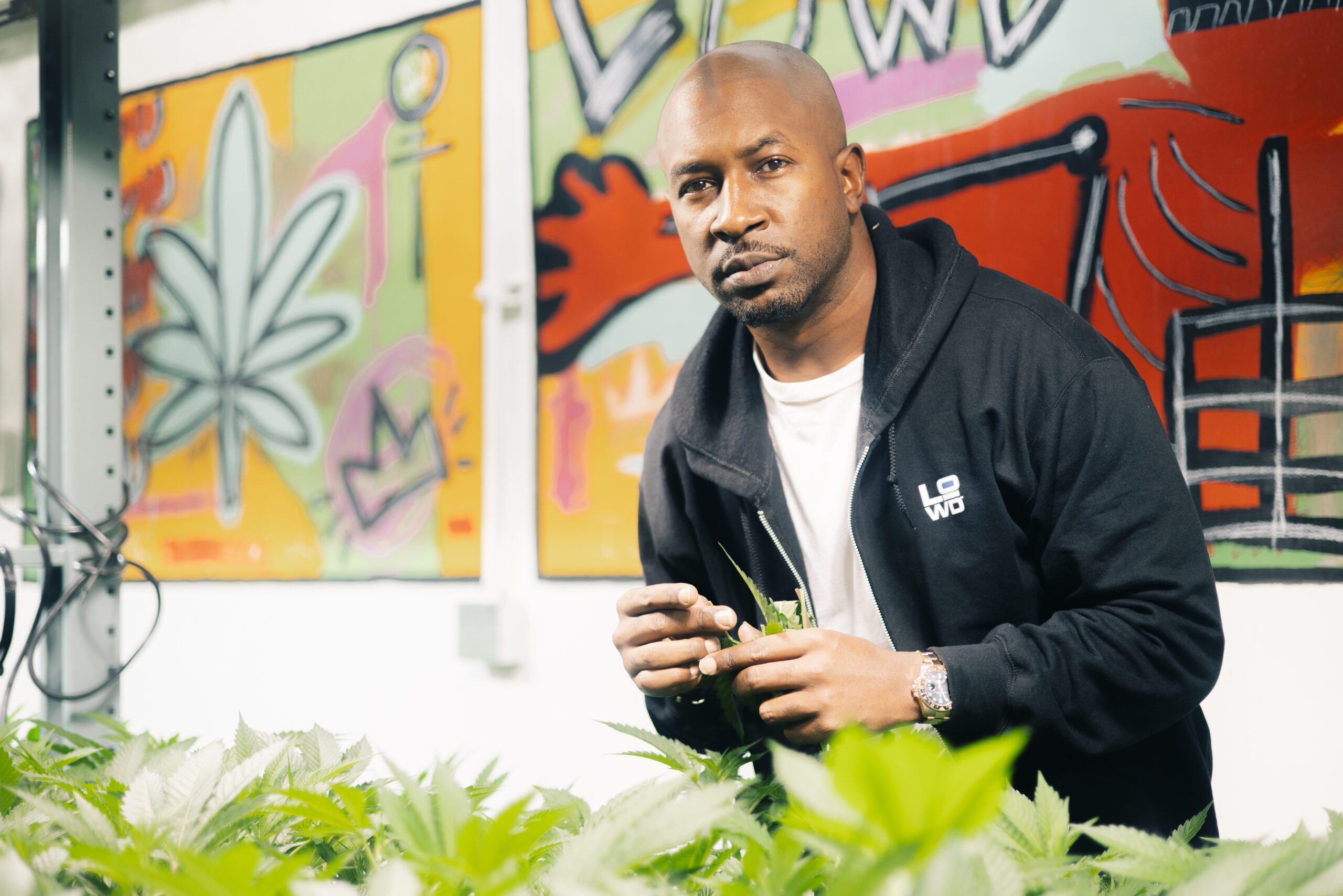Is a scientist the first image that comes to mind when people think of careers in cannabis? Probably not. But, Cannabis & Tech Today would like to change that perception.
The foundations of this sector are science, technology, engineering, and mathematics. To prove it, we’re highlighting a few intrepid cannabis entrepreneurs using their background in STEM to innovate the emerging industry.
Nohtal Partansky, Founder and CEO, Sorting Robotics
I’m an aerospace engineer. Before starting Sorting Robotics, me and my co-founders were working at NASA JPL building robotic systems. I actually built a device that’s currently on the surface of Mars producing oxygen from the atmosphere of Mars on the Perseverance Rover …
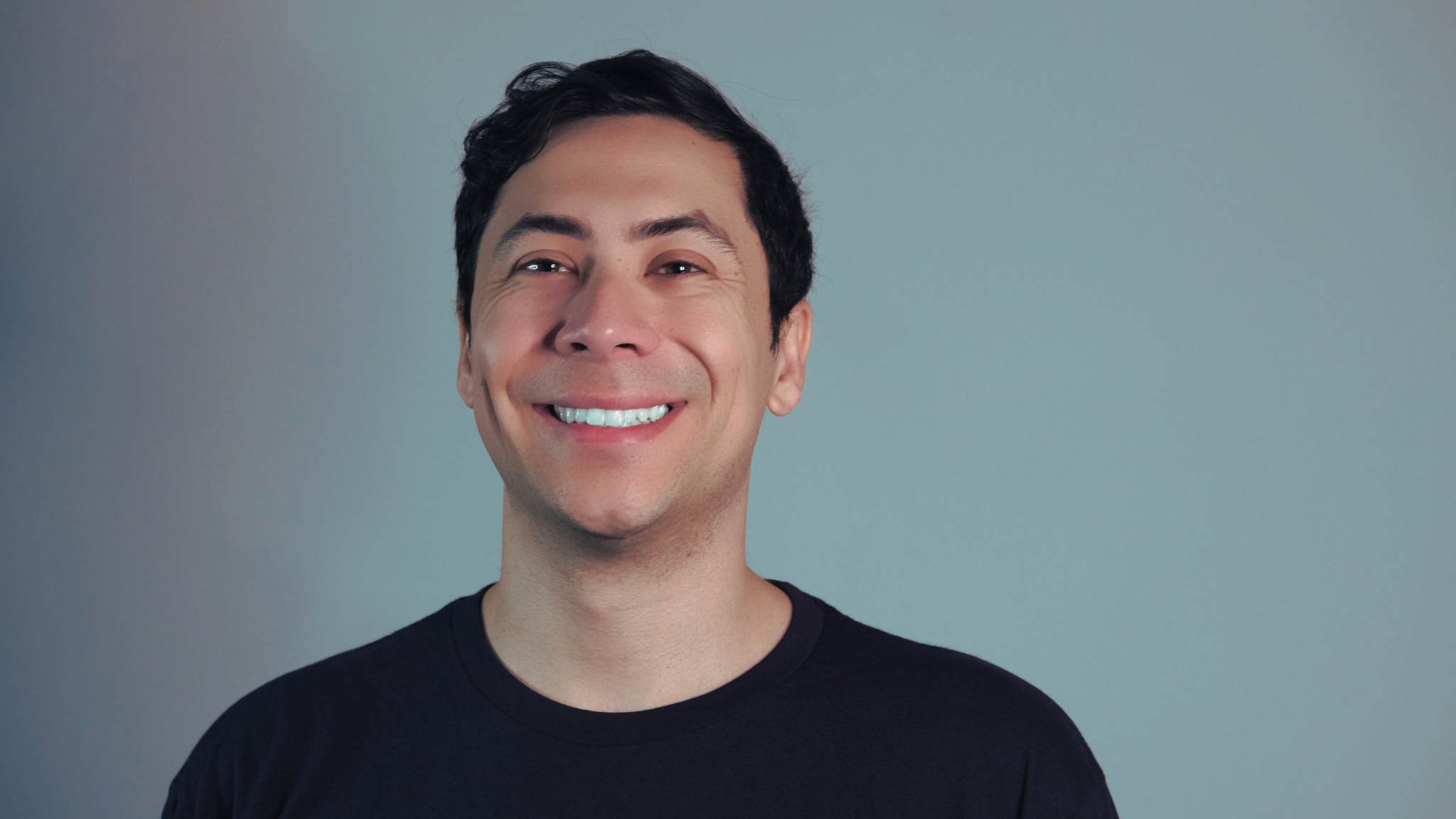
When I was working at NASA, I was talking to some of my friends who were delivery drivers or bartenders and asked, ‘What can I build?’ Do you think there’s something that the industry needs? And they didn’t know because they weren’t on the manufacturing side of things … We knew a few people at a high level who could see a lot of problems.
Then that opened our eyes to the issues and we [realized] this is a huge market. It’s not being serviced at all by the big automation companies that could come in and give the industry what it needs, just because of its legal status.
So we live in a gray area. Startups are a good gray area, and this seems like a good space to be in. So it was more that we were looking for a bigger market. Cannabis was a bigger market.
We liked cannabis and we finally found problems that we could solve and so we decided to solve them … We look at cannabis as a specific material handling problem and apply just the first principles approach to solving that material handling problem.
Missy Bradley, Co-Founder and VP of Marketing, Ripple
We invest heavily in research because we believe in moving the industry forward … Understanding that you can formulate [products] to be consistent, to be precise, to allow people to have that same experience over and over again, I think helps with the stigma, helps bring up the industry, and also may have more people feeling okay and trying consuming cannabis products who otherwise weren’t …
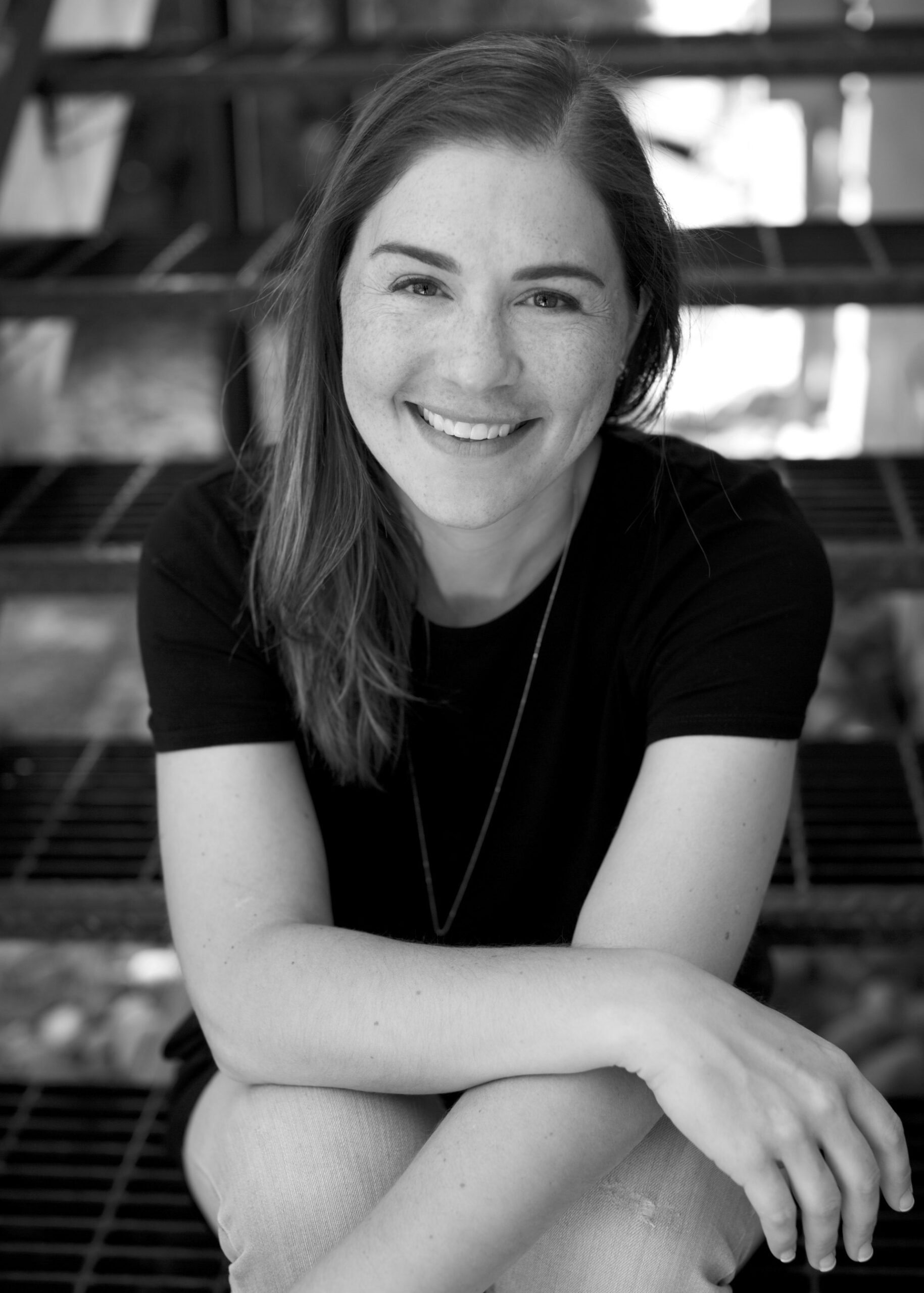
We’re always looking to innovate and to figure out ways to make the product better. With the ongoing research that we have, we’re still studying absorption rates and seeing if different particle sizes or different ingredients affect absorption. There are lots of interesting things from a food science perspective that we can employ within our current line of products.
Also, something that we’re super interested in right now are minor cannabinoids. So we launched the sleep product with CBN.
We are potentially looking at CBG products, THCV. But really understanding from the body of research, what those minor cannabinoids are effective for and what we can potentially use them for to be able to give the consumer a different experience.
Lulu Tsui, Chief Experience Officer, On The Revel
I grew up in my career in the tech space when Web 1.0 was blooming. So I grew up from Web 1.0 to Web 2.0, to Web 3.0, and for the past, probably 17 years, I’ve been what is now called a user experience and research designer. So, designing products and services in the tech space using Lean UX methodologies and user-centered design methodologies …
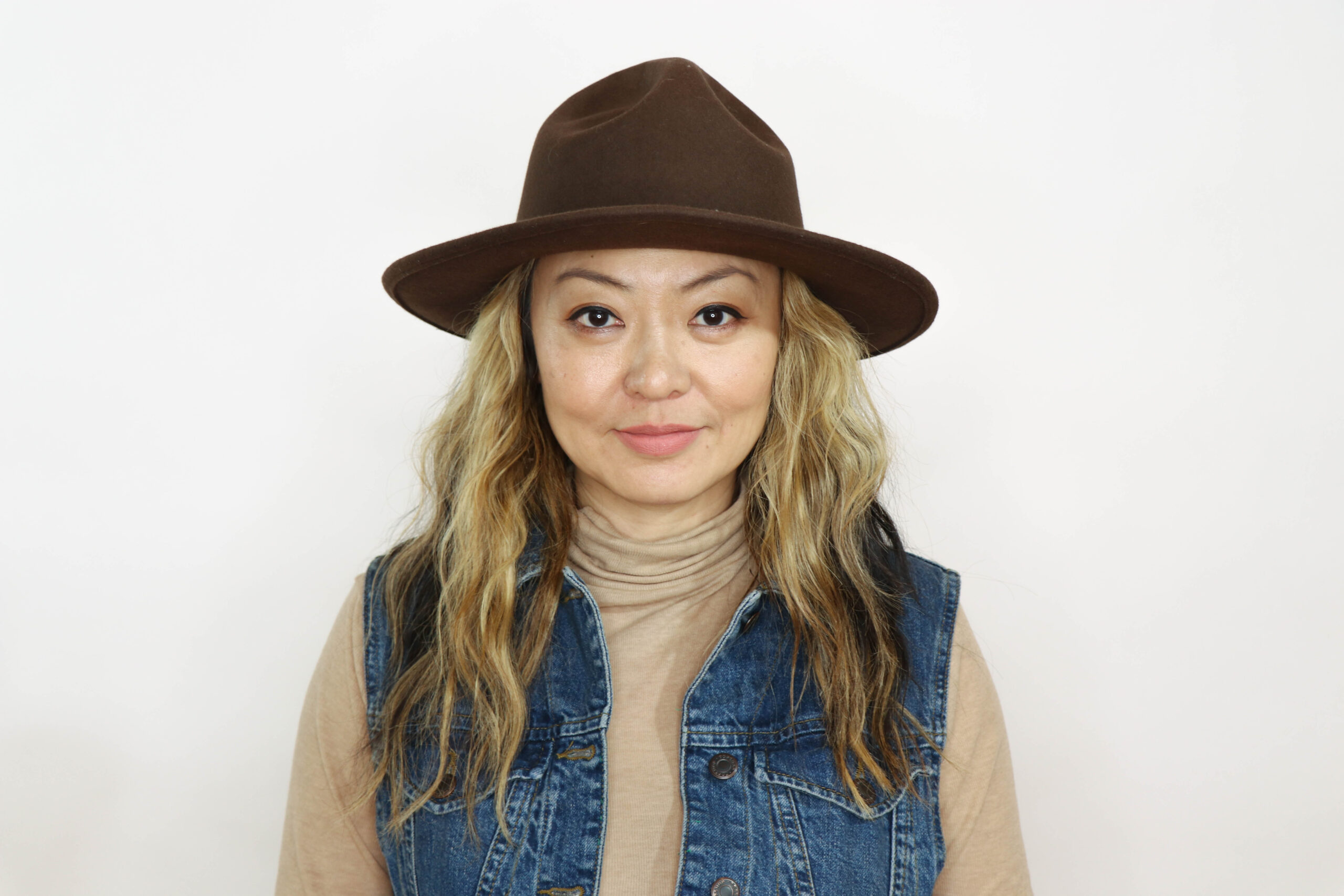
So, I’ve always been really curious about how people work and why people do things. My whole goal in the [cannabis] space for UX is creating tools, products, and services that help you do your work, so you have more time to do the things that you love … I’m also starting a [cannabis] project on genetic authentication and putting it on the blockchain.
We need different ways of thinking. We need collaboration. We need folks to arrange all the messy stuff that’s happening — put the jigsaw pieces together. So I would love to see more women on the STEM side of cannabis.
Jesce Horton, Co-Founder and CEO, LOWD
When I joined my engineering company, Siemens, a couple years after getting there, I was lucky enough to start out with a few other people in their energy and environmental services business unit.
At the time in the U.S., it was when, from an industrial sector, energy efficiency and sustainability started to become cool. People were making buying decisions on it, based on government incentives, based on consumer preferences. So Siemens decided to jump in, and start their own business unit.
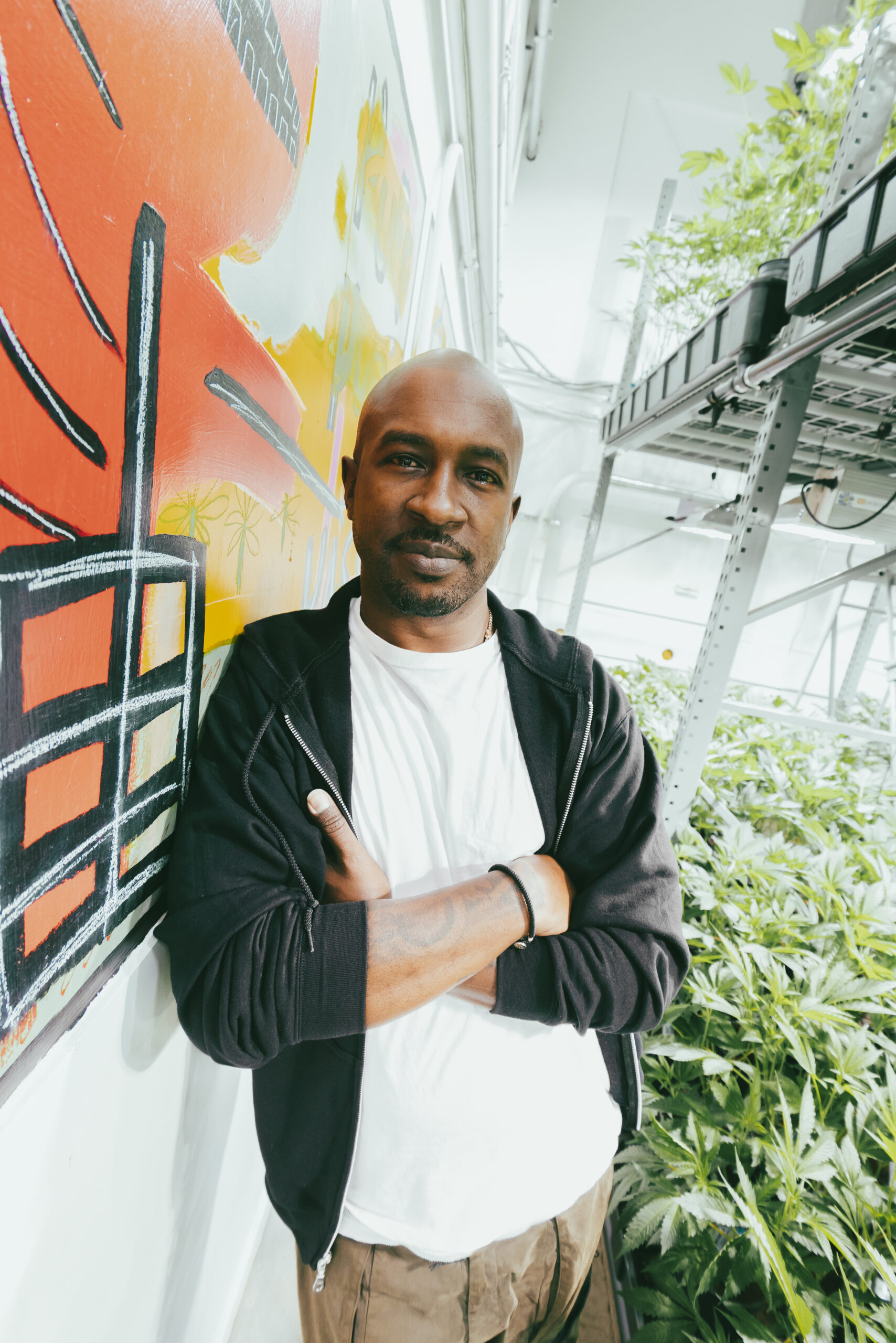
As a result, we got a chance to go around to a lot of different manufacturing industrial facilities and do energy audits and suggest and implement different projects to help with sustainability, reduce energy usage, water conservation, and things like that. So, I just got a great background in it.
I really had a good understanding when I got into the cannabis industry, how there was so much low-hanging fruit, figuratively, as it related to these types of gains, efficiency gains, and environmental improvements. So it was a natural bridge that I was able to cross because of the background I gained in engineering.
This article first appeared in Volume 4 Issue 4 of Cannabis & Tech Today. Read the full issue here.
Header image from Sam Gherke.
Author
-
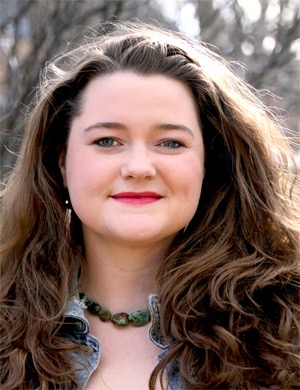
Patricia Miller is an executive editor at Innovative Properties Worldwide. She explores science, technology, and policy shaping the legal cannabis sector. Follow her work when you subscribe to Cannabis & Tech Today at cannatechtoday.com/subscribe/ or visit her website https://patriciamiller.squarespace.com/.

